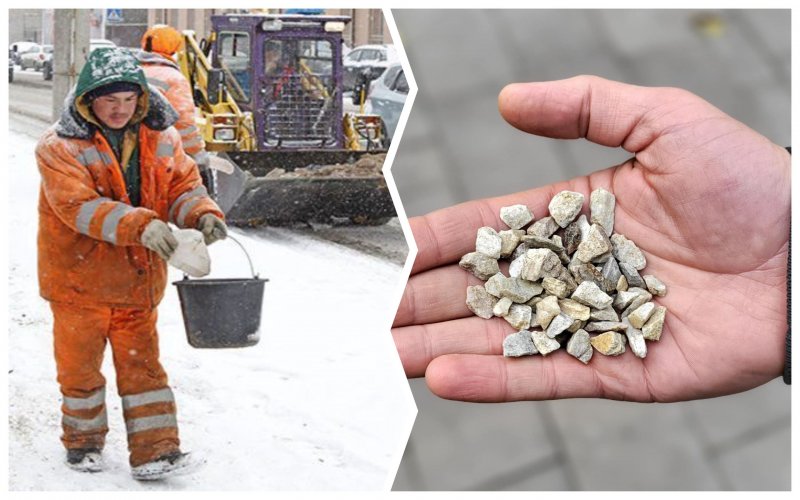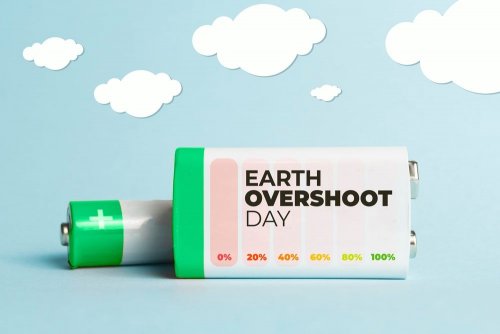In Kyiv, in the winter of 2022-2023, eco-friendly and cheap granite chips will be tested to combat ice in parks and squares.
Routes and street sidewalks will be sprinkled with salt, as before, Oleksandr Vozniy, head of the Department of Ecology and Natural Resources of the KMDA, reports on Facebook.
He explained that the prices of technical salt rose by an average of 7 times. Yes, a ton of such salt currently costs about 13-14 thousand hryvnias, and a ton of granite chips costs only 850 hryvnias. Partial replacement of salt with crumbs will save budget funds.
Vozny noted that granite chips are widely used in Germany, Austria and Japan as an auxiliary anti-icing agent. Although they do not lead to melting of ice and snow, the crumbs contribute to good traction.
"Everyone knows that salt and other anti-icing reagents have a bad effect on plants and are harmful to animals, while the crumb is absolutely safe," he emphasized.
Additionally, granite chips can be reused if collected in the spring and restocked somewhat.
As EcoPolitic reported earlier, Anna Danylyak, an expert on environmentalization of agriculture of the public organization "Ekodiya" said that the practice of sprinkling roads with salt mixtures in winter to combat ice harms water bodies and green spaces in cities





